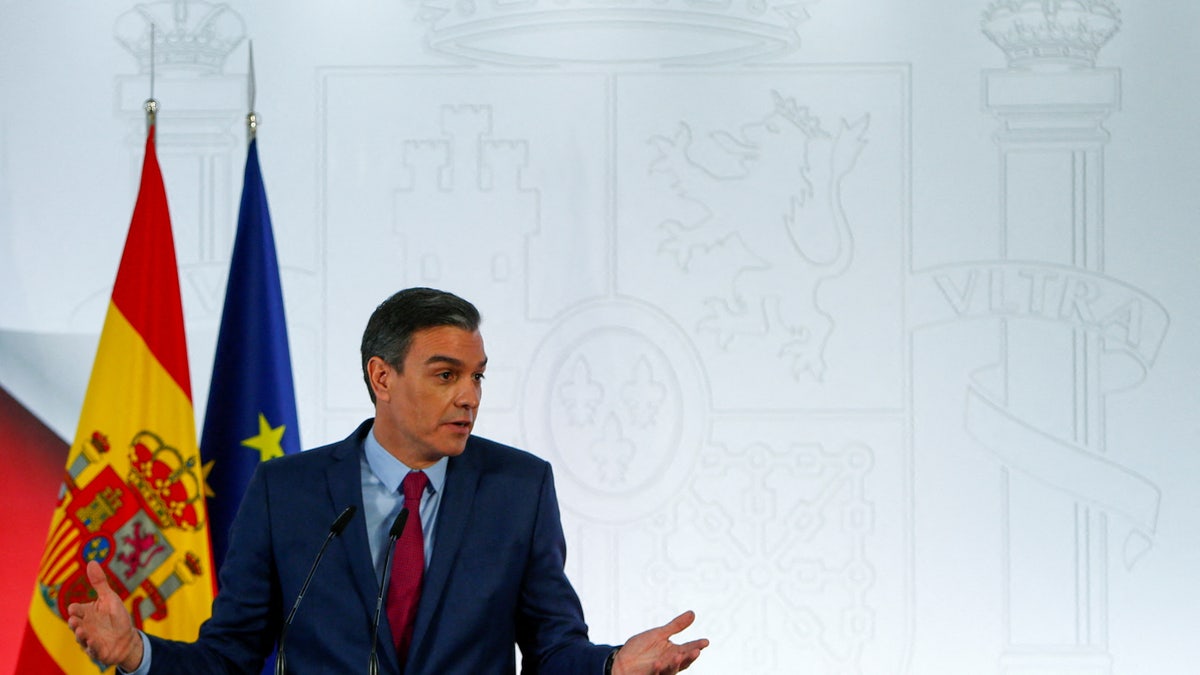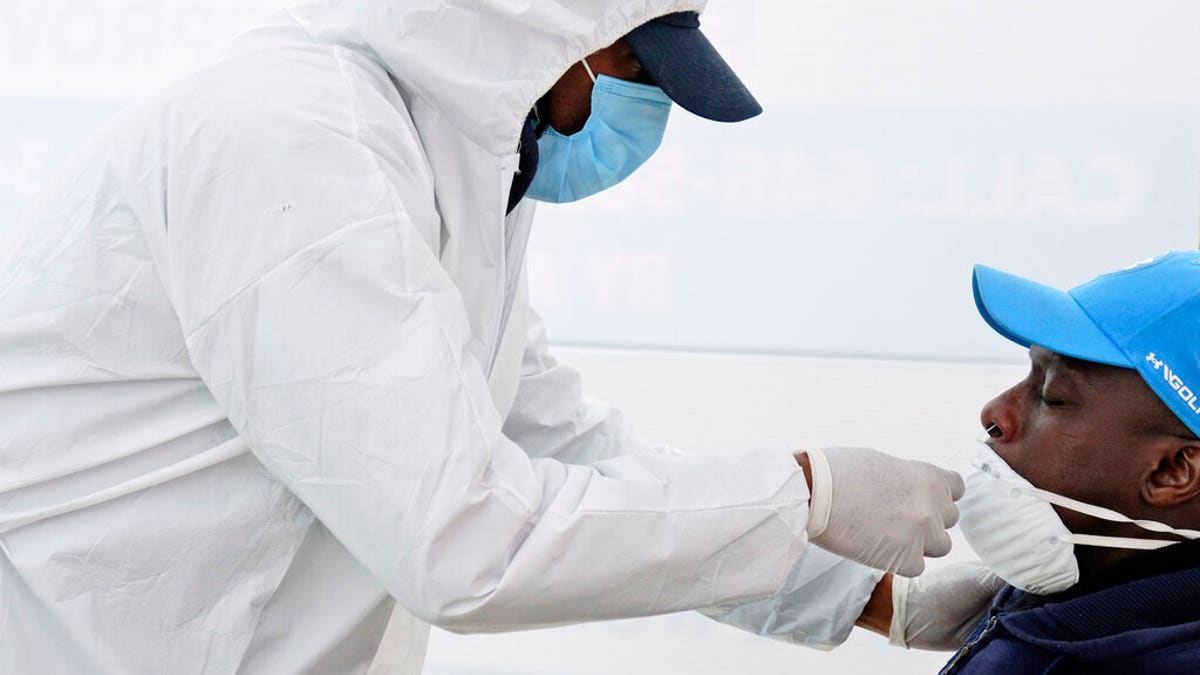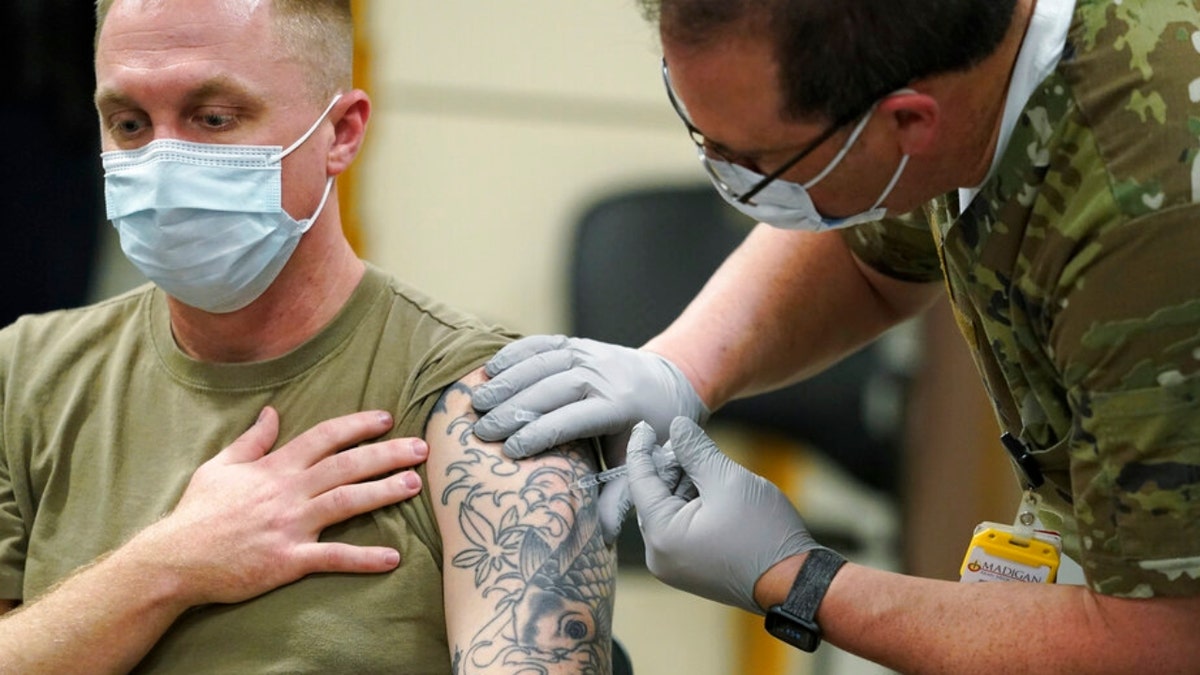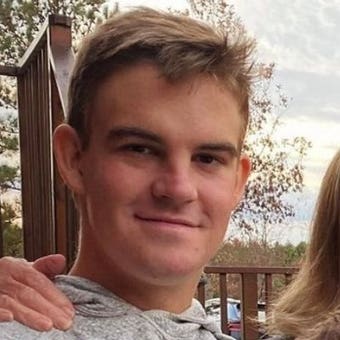Omicron variant driving spike in COVID case numbers
Hopkins Center for Health Security's Dr. Amesh Adalja describes the expected trajectory of the omicron variant amid rising cases.
Spanish Prime Minister Pedro Sánchez proposed treating COVID-19 as an "endemic disease" rather than a pandemic this week, saying that the country is considering a move to start tracking the virus like the flu instead of counting every case.
"I believe that we have the conditions for, with precaution, slowly, opening the debate at the technical level and at the level of health professionals, but also at the European level, to start evaluating the evolution of this disease with different parameters than we have until now," Sánchez told a Spanish radio station on Monday.
Sánchez's comments come after El País reported that Spanish health officials are preparing to roll out a new system to track COVID-19 like other respiratory illnesses by not testing every mildly symptomatic case and using smaller samples to monitor the spread.
"We are going to have to learn to live with it [the coronavirus] as we do with many other viruses," Sánchez said Friday, noting that the virus's lethality has decreased, according to the Spanish newspaper.

Spanish Prime Minister Pedro Sanchez speaks during a news conference, amid the coronavirus disease (COVID-19) pandemic, at Moncloa Palace, in Madrid, Spain December 29, 2021. (REUTERS/Javier Barbancho)
The World Health Organization warned against treating COVID-19 as endemic yet. Senior Emergency Officer for Europe Catherine Smallwood explained that an endemicity assumes "the stable circulation of the virus at predictable levels."
CDC RECOMMENDS PFIZER COVID-19 BOOSTER SHOT AT 5 MONTHS
"What we’re seeing at the moment coming into 2022 is nowhere near that. We still have a huge amount of uncertainty and a virus that is evolving quite quickly, imposing new challenges," Smallwood said at a news conference Tuesday.
"We are certainly not at the point where we are able to call it endemic," she added. "It may become endemic in due course, but pinning that down to 2022 is a little bit difficult at this stage."

Taiwan McCall, left, useless a nasal swab to test James Reese for COVID-19 in the Harlem section of New York. (AP Photo/Seth Wenig)
Nadhim Zahawi, the British education secretary and former minister for vaccine deployment, said Sunday that the United Kingdom might lead the way in treating COVID-19 as endemic.
"I hope we will be one of the first major economies to demonstrate to the world how you transition from pandemic to endemic, and then deal with this however long it remains with us, whether that's five, six, seven, 10 years," Zahawi told Sky News.

Staff Sgt. Travis Snyder, left, receives a dose of the Pfizer COVID-19 vaccine at Madigan Army Medical Center at Joint Base Lewis-McChord in Washington state. (AP Photo/Ted S. Warren, File)
Treating COVID-19 as endemic would mean focusing efforts on increasing immune protection through vaccination and ramping up treatments instead of trying to eradicate the virus completely.
"The expected continued circulation of SARS-CoV-2 stands in contrast with the first round of SARS in 2003 and with the Ebola virus outbreak in West Africa in 2014, when public health measures ultimately stopped spread and brought both outbreaks to an end," Yonatan Grad, associate professor of immunology and infectious diseases at Harvard University, explained last year.
CLICK HERE TO GET THE FOX NEWS APP
Omicron is likely more transmissible due to its ability to evade immunity offered by prior infection and vaccines, but it is also associated with less severe illness, according to multiple studies.
Europe reported more than 7 million new cases of COVID-19 in the first week of January, more than doubling in two weeks, according to the World Health Organization.
The Associated Press contributed to this report.


